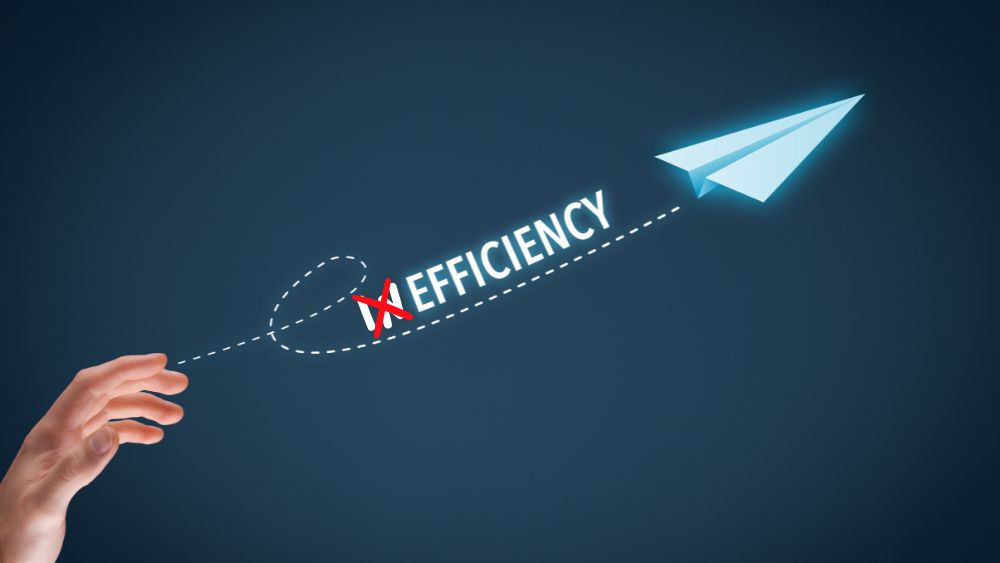Inefficiency in operations is a silent killer. It’s been there for years, hiding in plain sight, costing millions in lost revenue and time. Whether it’s late payments, dispatch errors, or disconnected processes, the consequences of inefficiencies are pretty significant. But they’re solvable.
And that’s what we’re going to talk about in this blog. We highlight those areas where fuel distributors typically face inefficiencies and how you can turn things around.
Invoicing Mistakes
You’re already operating on razor-thin margins. So, when millions of dollars are stuck in unpaid receivables, it becomes a serious problem. Not too long ago, having $10 million in receivables wasn’t unusual. Today that number has shot up to $30-$40 million. But that’s not the surprising part; the fact that 67% of these overdue invoices are caused by internal mistakes (like incorrect billing or failure to send an invoice) is. Obviously, customers won’t pay invoices that have errors or ones they never received.
The solution? Better dispatch-accounting syncing. By integrating data across dispatch and billing, and automating manual processes (like handling data in every system, going through tons of paper tickets to figure out what happened during a shift) you can drastically reduce errors and speed up payments.
Manual Dispatch and Order Management
In dispatch and order management, even small errors can escalate into bigger, costlier issues. When there’s a breakdown in these areas, it creates a ripple effect that hurts the bottom line—especially when mismanaged orders lead to delayed or incomplete payments.
Many of these issues stem from relying too much on manual/paper-based processes. Dispatchers spend too much time bogged down in paperwork, making it easy for things to slip through the cracks. Automating dispatch workflows like order creation, order assignment, and tracking drivers frees up time and reduces the likelihood of errors. Real-time visibility into operations further empowers dispatchers to better manage operations.
Disconnected Departments Are a Recipe for Chaos
Another major area of inefficiency is the lack of communication between systems, particularly dispatch and billing. This disconnect causes “misaligned actions, missed orders, and ultimately unhappy customers.”
The solution lies in integrating systems. By using a unified platform, everyone from sales to dispatch can work off the same data, ensuring accuracy and efficiency in operations.
Routing: The Hidden Efficiency Booster
When it comes to planning delivery routes, many companies are still manually creating routes, which costs them valuable resources. And routing isn’t just about finding the shortest route; it’s about cutting down on costs like fuel, reducing idle time, and getting the most out of every delivery run.
Automated routing solutions optimize delivery schedules, reducing mileage and fuel expenses, while helping to maximize the number of deliveries completed in a day.
Looking Ahead: Efficiency Isn’t Optional, It’s Critical
Fuel distributors who eliminate inefficiencies position themselves for long-term success. Outdated, manual processes are the industry’s biggest obstacle and its greatest opportunity for growth. Streamlining operations through automation will not only save time but also lead to significant cost savings.
Automating workflows across key areas, such as dispatch, billing, and inventory management, helps minimize human error. It’s the competitive advantage you need.
The Way Forward: Digital Transformation
To thrive in today’s competitive landscape, fuel distributors need to embrace digital tools and automation. By addressing inefficiencies in invoicing, dispatch, and routing, companies can drastically improve their operations and profitability.
For those ready to make these changes, the future is bright with higher efficiency and even higher profitability.

